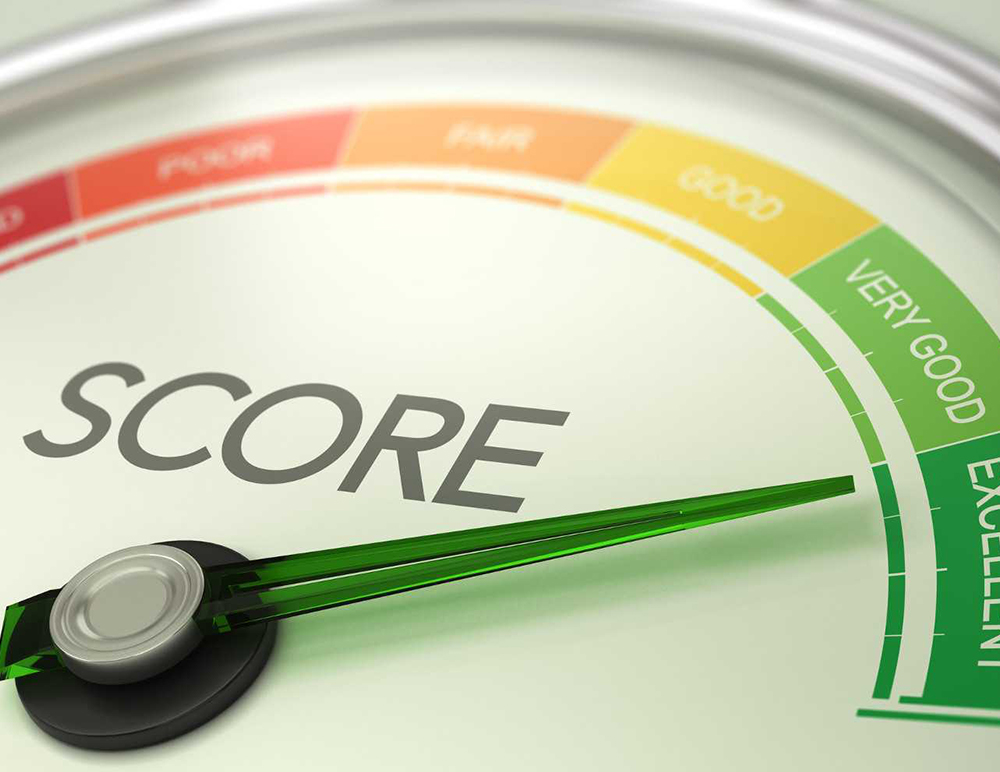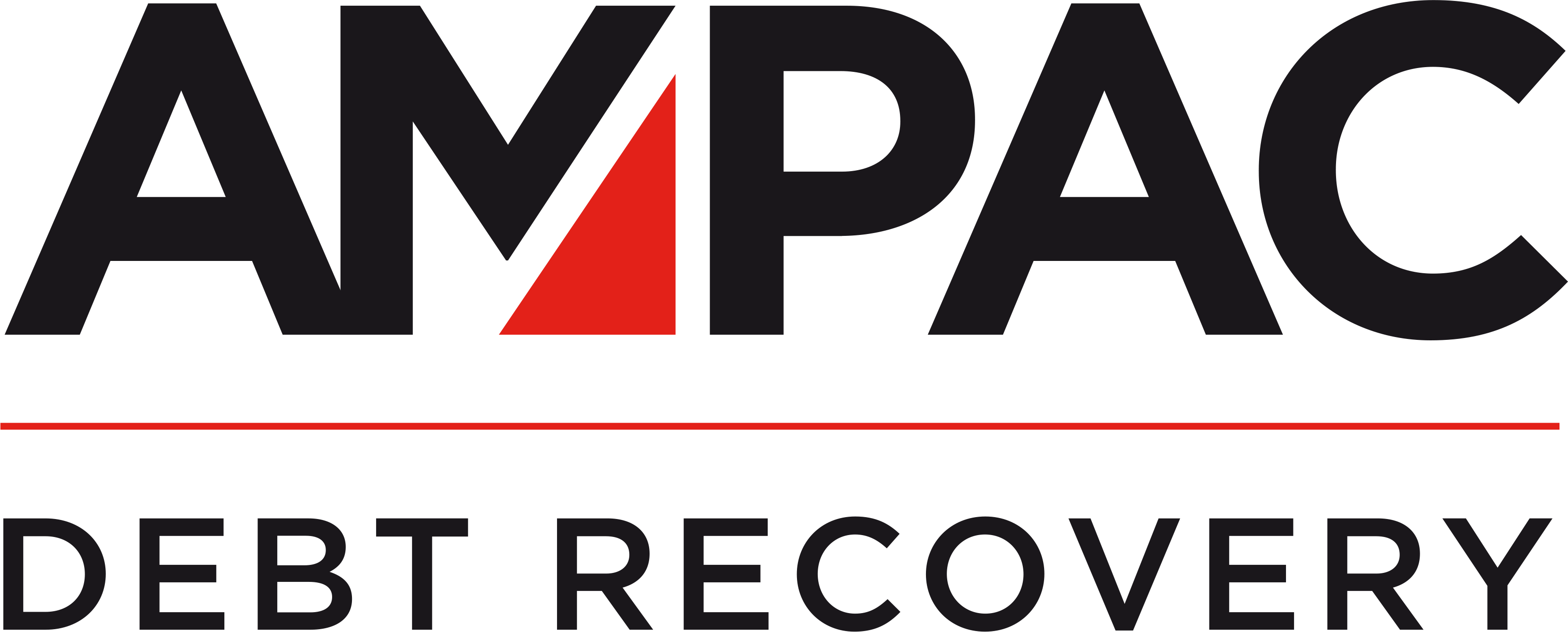Home / The Importance of Maintaining a Good Credit Score
Whether you are a company director, trade under the name of a registered business, or you are a sole trader, the importance of maintaining a good individual credit score cannot be overstated. In many cases, when your business applies for trade credit, some form of credit check is carried out. This often includes a credit check on the directors and/or principals of the business to get an understanding of their individual credit worthiness. After all, it is the principals of the business that set the agenda, including how they treat their creditors.
Each time you complete an application for credit on behalf of your business, you are more than likely consenting to the supplier carrying out a credit check on you to discover whether there is any adverse information on your credit report that should be considered in the context of the credit worthiness of your business.

A credit score is a tool used by financiers to analyse the risk associated with lending an individual money. If you run a business, then your individual credit history will influence the way a lender views the creditworthiness of your business. Understanding how your credit score is calculated, will help you take more control and negotiate better deals with your lenders and suppliers.
We recommend that you obtain a copy of your credit report and credit score annually, which is a free service. It is important to check the information on your credit report to ensure it is accurate and up to date.
Your individual credit report contains personal information such as your full name, date of birth, address and drivers licence number. It also lists the type of credit products you have held in the past two years, the number of applications for credit you have made, the name of the credit provider, your credit limit and any loans you have guaranteed.
The report then details your repayment history for each of the credit products you have held in the past two years. This will include repayment amounts, when payments were due, how often you made those payments and whether they were paid by the due date. The report will also list all missed payments that were not made within 14 days of the due date.
Non-payment of a debt may result in your credit provider lodging a default on your credit report, which will reduce your credit score, however they must notify you before the default is lodged. To be able to lodge a default, the debt amount must be $150 or more, over 60 days past the due date, and the credit provider must have requested payment from you either over the phone or in writing. The credit provider can also lodge a default if they are unable to contact you. This is referred to as a ‘’clear-out’’.
A payment default stays on your credit report for five years, or seven years in the case of a clear-out. In addition to payment defaults, the report also includes any bankruptcies or debt agreements, court judgments, or personal insolvency agreements in your name.
It is important to check your credit report, because just like anything else, it may contain mistakes that could impact negatively on your ability to access credit. Importantly, check that the applications, loans, debts and any adverse information listed, all belong to you. Also check that that your name, address and date of birth are correctly recorded.
If any of the information is incorrect or out of date contact the credit reporting agency and request that they correct the error, which when verified, will be amended free of charge.
A credit reporting agency cannot remove adverse information unless they are authorised to do so by the credit provider because it was recorded in error.
The first thing to do is pay your bills and loan repayments on time – you can’t improve your score by paying bills early, just make sure you pay on time. Each time you are late with a payment (based on the delinquency criteria above), your score will go down, so if you are finding it difficult to keep up with your payments, speak to your credit provider early and ask for a formal extension of time to pay. Reputable credit providers will always listen to genuine requests for assistance and by speaking with your creditors you will be more likely to avoid a default being recorded on your credit report.
Don’t apply for credit unnecessarily. Each time you apply for credit this is recorded in your credit report and if it appears that you are ‘shopping’ for credit, this may negatively impact your credit score. Make sure you have done your research before you submit an application for credit and only submit an application with your preferred credit provider. This will reduce the number of entries on your credit report.
Make sure your name is always on the account for the bills you are paying. When the account is paid on time, you will benefit from the uplift in your credit score.
Finally, reviewing your credit report annually is the most effective method of understanding your credit score. It allows you the opportunity to identify and correct any errors in the report before you make an application for credit, enabling you to borrow with greater confidence and negotiate better deals with your creditors.
For information about AMPAC Debt Recovery or any of our services please contact us on
1300 426 722 or by email at sales@4ampac.com.au

Do you have debt that needs recovering? Are you unsure on where to start? Contact AMPAC Debt Recovery for solutions today and speak to one of our qualified consultants to get you started.
Please fill in your details below to get instant access to Selecting the Right Collection Agency for Your Business